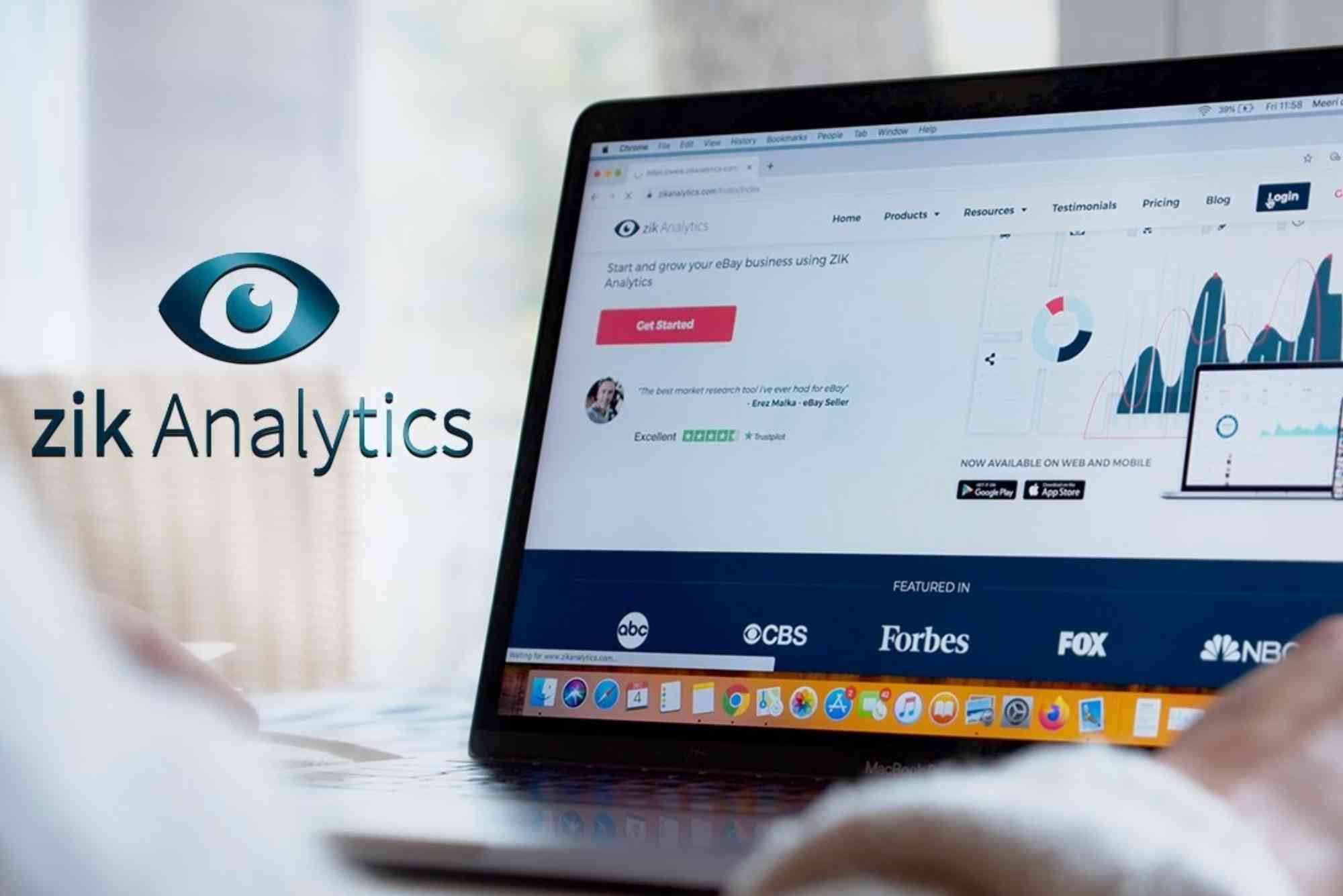How to Use MS in Data Analytics for Better Decisions
In the modern business world, decisions are no longer driven by intuition alone. Every strategic move, from marketing campaigns to financial investments, depends on data. Earning an MS in Data Analytics equips professionals with the advanced knowledge and tools to interpret complex datasets, extract actionable insights, and make smarter business decisions. This article explores how this degree empowers graduates to transform raw data into meaningful strategies that enhance decision-making and business performance.
Understanding MS in Data Analytics
An MS in Data Analytics is a specialized graduate program designed to teach students how to collect, process, and interpret large volumes of data. The program combines computer science, mathematics, and business strategy to produce professionals who can transform numbers into narratives that drive results.
Students learn data visualization, predictive analytics, statistical modeling, and machine learning — all essential tools for modern analytics. By the end of the program, graduates are capable of using data not just to report on what happened, but to predict what will happen next and how to act on it.
Why Data Analytics Matters in Decision-Making
Businesses today generate vast amounts of data — from customer interactions to sales trends and digital footprints. Without analytics, this data is just noise. With analytics, it becomes a powerful tool for understanding behavior, forecasting outcomes, and identifying opportunities.
Professionals with an MS in Data Analytics can apply their skills to interpret data patterns, spot inefficiencies, and make recommendations backed by solid evidence. This leads to better forecasting, reduced risk, and improved strategic alignment across departments.
How MS in Data Analytics Enhances Decision-Making
Turning Raw Data into Actionable Insights
The first step in making data-driven decisions is collecting and cleaning data from various sources. With the training from an MS program, professionals learn how to manage data integrity, identify errors, and ensure accuracy.
Through statistical and computational techniques, data analysts can uncover hidden patterns that lead to valuable insights. For instance, a retail business can analyze customer purchase history to predict future buying behavior, helping managers plan inventory more efficiently.
Predictive Analytics for Strategic Planning
Predictive analytics uses historical data to forecast future trends. Students pursuing an MS in Data Analytics learn to build predictive models using machine learning algorithms.
These models enable companies to anticipate customer needs, detect potential risks, and prepare proactive strategies. For example, financial institutions can use predictive analytics to identify clients who may default on loans, allowing early intervention.
Enhancing Marketing Decisions
In marketing, decisions are often about where to allocate budget, how to reach the right audience, and which message resonates best. Data analytics bridges the gap between marketing intuition and measurable results.
Graduates can leverage data from campaigns, social media, and web traffic to determine which marketing channels generate the highest ROI. By using A/B testing tools and behavioral analysis, marketers can continuously refine their strategies for better outcomes.
If you’re looking to improve your digital marketing decisions, consider reading the VWO Blog for insights into testing, optimization, and data-based marketing approaches.
Improving Financial Forecasting
Financial analysts rely on data to project performance, identify risks, and create reliable budgets. An MS in Data Analytics empowers professionals to apply time series analysis, regression models, and simulation techniques to make more accurate forecasts.
By using analytics tools, businesses can minimize uncertainty and plan more confidently for growth. Data-driven forecasting reduces guesswork, aligns investments with market realities, and optimizes resource allocation.
Streamlining Operations and Efficiency
Operational decisions — from supply chain management to staffing — depend on timely and accurate data. Professionals trained in data analytics can identify process bottlenecks, measure performance metrics, and implement automation strategies.
For example, manufacturers can analyze production data to predict machinery maintenance needs, reducing downtime and saving costs. Similarly, logistics companies can optimize delivery routes using real-time analytics.
Empowering Leadership with Real-Time Dashboards
Decision-making is most effective when it’s based on real-time information. Data dashboards, powered by analytics tools like Tableau or Power BI, provide executives with up-to-date performance insights.
An MS in Data Analytics equips professionals to design these dashboards, translating complex metrics into easy-to-read visuals. This allows leaders to respond quickly to market shifts, customer demands, or internal challenges.
Core Skills Gained Through MS in Data Analytics
An MS program doesn’t just teach theory — it builds a practical skillset that directly applies to professional decision-making. Students typically gain expertise in:
- Data Visualization: Presenting data clearly through charts and dashboards.
- Machine Learning: Building algorithms to predict outcomes and automate insights.
- Statistical Analysis: Drawing valid conclusions from datasets.
- Database Management: Organizing and retrieving data efficiently using SQL or Python.
- Business Intelligence (BI): Converting analytics into strategic recommendations.
These skills collectively empower professionals to navigate data-heavy environments with confidence and accuracy.
Real-World Applications of Data Analytics
Healthcare
In healthcare, analytics is transforming patient outcomes and operational efficiency. Data professionals analyze patient records to predict disease outbreaks, optimize treatment plans, and improve hospital resource management.
An MS in Data Analytics provides the technical and analytical foundation to develop such healthcare models that save time, money, and lives.
Retail
Retailers use analytics to understand consumer behavior, forecast demand, and design personalized experiences. Predictive analytics enables them to anticipate what products customers will buy next, leading to better inventory management and customer satisfaction.
Finance
In the financial sector, data analytics reduces fraud, enhances investment strategies, and supports regulatory compliance. With advanced analytical models, professionals can assess market risks and identify profitable trends with greater precision.
Education and Government
Educational institutions use analytics to track student performance and improve learning outcomes, while governments rely on it for policy development, urban planning, and public service optimization.
How to Maximize the Value of Your MS in Data Analytics
To make the most of your degree, continuous learning and practical application are key. Engage in real-world projects, collaborate with professionals, and stay updated with emerging technologies like AI and cloud computing.
Networking also plays a vital role. Connecting with data science communities and contributing to analytical research can open doors to leadership positions in analytics-driven industries.
If you ever need help growing your online presence or want to apply your analytics knowledge to SEO performance, consider consulting with SEO Expert Help — a valuable resource for optimizing data-based marketing strategies.
The Future of Data Analytics
As industries continue to embrace digital transformation, the demand for data-savvy professionals will only increase. Artificial intelligence, machine learning, and big data are reshaping how decisions are made across all sectors.
An MS in Data Analytics positions graduates at the forefront of this evolution. Those who combine technical expertise with strategic thinking will play a key role in shaping business intelligence for decades to come.
In an era where every click, purchase, and interaction generates data, the ability to analyze and interpret that information is a superpower. An MS in Data Analytics provides professionals with the skills to turn data into clear, actionable strategies that lead to smarter business decisions.
Whether it’s predicting trends, optimizing operations, or improving marketing performance, this degree bridges the gap between information and innovation.
If you’re ready to make data your most valuable decision-making asset, pursue your MS in Data Analytics and start transforming information into impact today.
FAQs
What can I do with an MS in Data Analytics?
Graduates can work as data scientists, business analysts, data engineers, or consultants across industries like finance, healthcare, marketing, and technology.
Is MS in Data Analytics worth it?
Yes. The degree offers high employability, strong salaries, and opportunities in nearly every sector that relies on data for decision-making.
What skills are needed before enrolling in MS in Data Analytics?
Basic knowledge of statistics, programming (Python, R, or SQL), and mathematics is helpful. However, most programs teach these from the ground up.
How long does it take to complete an MS in Data Analytics?
Typically, it takes 1.5 to 2 years, depending on whether the program is full-time or part-time.
Can I get a remote job after earning this degree?
Absolutely. Many companies offer remote analytics positions, allowing professionals to work from anywhere while contributing to data-driven decision-making.







